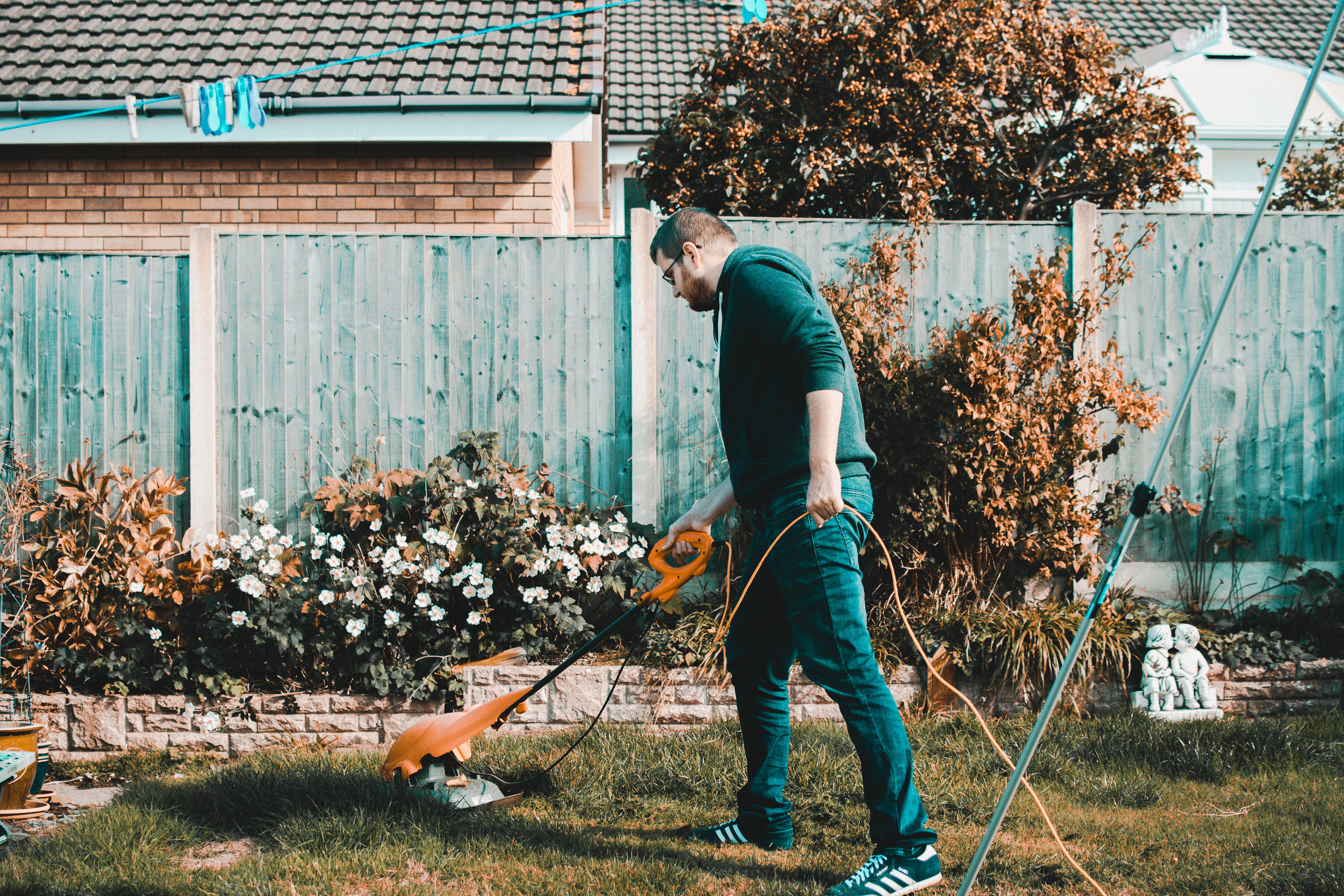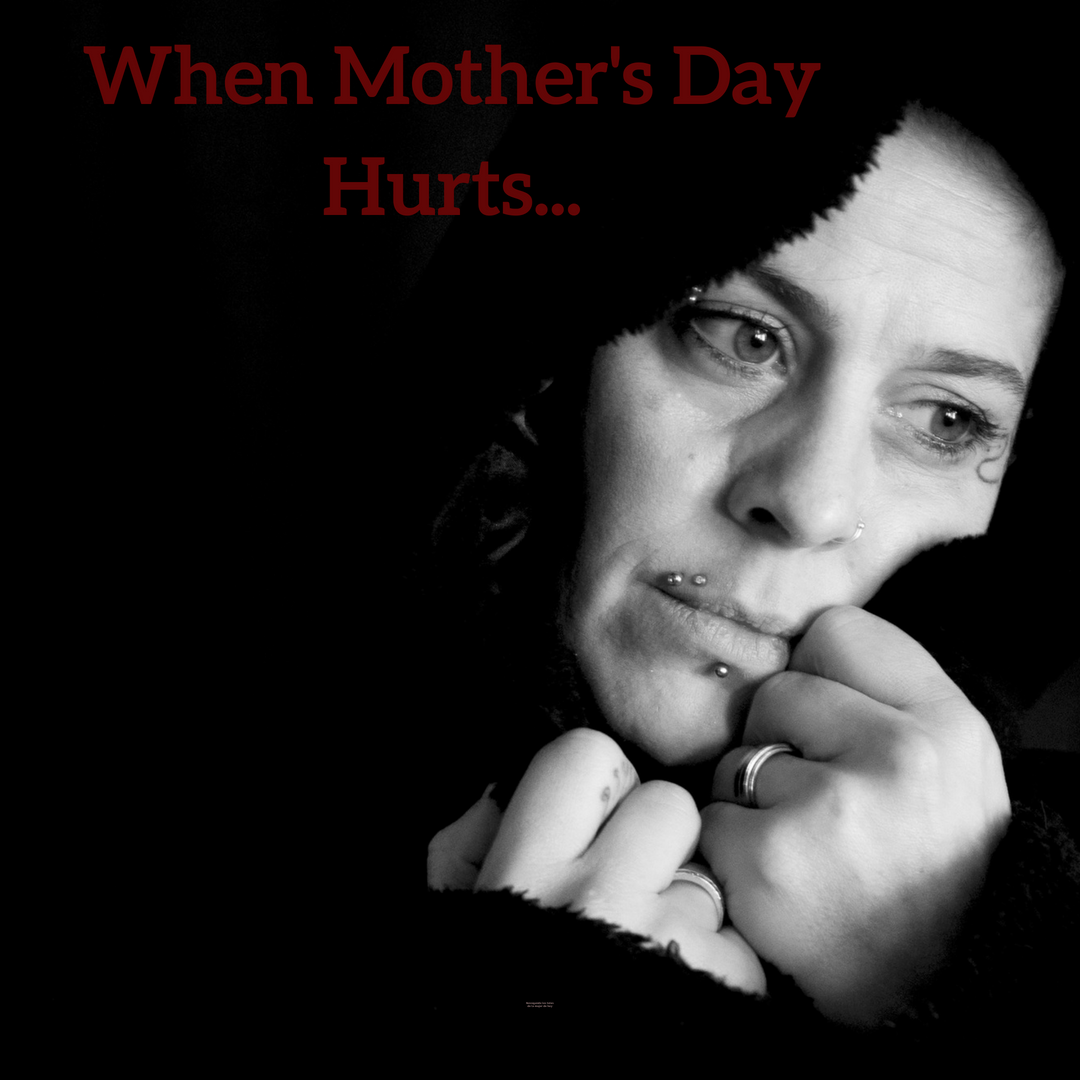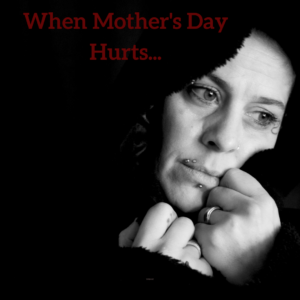What is anxiety? According to the Oxford Dictionary:
Anxiety: A feeling of worry, nervousness, or unease, typically about an imminent event or something with an uncertain outcome.
Vs.
Anxiety disorder: a nervous disorder characterized by a state of excessive uneasiness and apprehension, typically with compulsive behavior or panic attacks.
https://www.lexico.com/en/definition/anxiety
I want to tackle the first one: this anxiety most of us are feeling across the US.
Why should we be concerned about doing everything we can to lower our levels anxiety?
• Anxiety is exhausting
• Stress has a direct culprit in lowering our healthy immune response to illness
• Unchecked anxiety can lead to panic, which in turns compromises our ability to think clearly and affects our judgement, or our ability to make good decisions.
**If you find that in spite of doing some of the things I will be recommending, you still experience high levels of anxiety, panic attacks, an inability to function like you normally would, are experiencing stomach upsets, tightness in chest, and disturbed sleep, please see a professional. If you’ve been diagnosed with an anxiety disorder in the past, keep your treating professional in the loop about how you are doing in the midst of what’s been happening in our nation and around the world.
Having said that:
The first thing I’m going to do is tackle the root of anxiety and worry which is fear:
FACTS:
• As of today, the true epidemic is panic and panic is highly contagious. (Actualization 3/20/2020: There is a very serious situation happening with the fast propagation of this virus, however, panic continues to be present at toxic levels in our communities.)
• Corona virus mortality rate is about 1-2%, it is higher than the flu, however there are millions affected by the flu this year vs in the hundred thousands worldwide with Corona. (Actualization 3/20/2020: Current measures recommended today are in place to keep this virus from spreading to numbers like the influenza and also to not overwhelm the medical system at any given time.)
• That mortality rate is significant for people identified as high risk:
o Smokers, especially over 50 yrs old.
o Seniors, especially over 70
o Immune compromised individuals *(including children, adolescents & adults), due to disease or because they are taking immune suppressant meds. (*edited 3/20/2020)
o Those who are Pregnant
o As opposed to flu, children are not in the higher risk category. As of info today. (Edited with latest information from CDC as of 3/20/2020: “Information about COVID-19 in children is somewhat limited, but the information that is available suggests that healthy children generally have mild symptoms. However, a small percentage of children have been reported to have more severe illness. Children and adults with serious chronic medical conditions are believed to be at higher risk, as well as older adults. To protect those at higher risk, it’s important that everyone practices healthy hygiene behaviors.” This information is quoted directly from CDC website linked here.
Next we are going to confront two big, fear inducing words:
• Pandemic- which means new and widespread. It does not mean catastrophic or even imply high mortality
• State of Emergency- which is just declared in order to draw down government funding for prevention and treatment, that would otherwise be unavailable to the states.
One of the ways I typically intervene with people suffering with excessive worry, is that I ask them to answer some questions for me:
1. What is the worst thing that could happen? In this case, I’m asking specifically about the worst thing that could happen to you regarding corona virus.
a. FEAR: “The worst thing that could happen is that I or a loved one will die from it.” Ok, so let’s confront that fear head on. IF YOU ARE NOT IN THE AT RISK POPULATION CATEGORIES I MENTIONED A FEW MINUTES AGO, DEATH FROM CORONA IS A NOT SOMETHING TO BE WORRIED ABOUT. Self-talk: “The chances of me dying from this are practically low.”
b. If you are a person in the at risk category you can say to your self: “I’ll be as prudent as I can in following the recommendations from the CDC. I’ll wash my hands and not take any unnecessary risks, in order to mitigate the possible effects of this virus on my health.”
c. FEAR: “What if I, or someone I love, catches this virus?” The virus is highly contagious. If you are not in the at-risk list, he virus will most likely feel like a nasty cold, or a very mild one. Self-talk: “I’ve had bad colds before, I’ll be ok.” Or “I’ve had the flu before, I’ll be ok.”
d. FEAR: “Everything is shutting down, what if I cannot work?” The government is being proactive in ensuring stability, economically and otherwise. Self Talk: “Things will go back to normal soon.”
e. FEAR: “What if we run out of toilet paper and can’t buy more.” I include this to lighten the mood, but this is a legitimate worry you should have…that’s what mass panic does my friends. Self-talk: “Maybe a neighbor will donate some for my family.”
2. The second question I would ask is: What is instigating or exacerbating your anxiety?
a. Is it your personality? Are you naturally prone to be an anxious person? Do you usually worry a lot? Remind yourself of that in order to gain perspective. Tell yourself, “I know I tend to worry more than most. Take a deep breath and let’s get the facts.”
b. Is it the exposure to media that is fanning the flames? Culprits:
i. Social media
ii. News agencies
If so. TAKE A BREAK. Pick a credible source of facts, like the CDC website, and stick to that, once per day. My recommendation, do not do this first thing in the morning, nor last thing you do before you go to bed. Here’s a link to CDC Corona Virus info page: https://www.cdc.gov/coronavirus/2019-ncov/index.html
And in case you were wondering, no, your aunt Maria form Hialeah is not a reliable source of health facts and news. So:
iii. Decrease your exposure to people in your life who are alarmists.
3. Behaviors to INCREASE:
a. Adequate sleep/rest time. I cannot emphasize this enough. Lack of sleep disrupts and exacerbates every area of your life.
b. Eat well
c. Exercise
d. Wash your hands
E. (added 3/20/20) Social distancing. This is for everyone’s benefit and it’s socially responsible to not spread the virus to individual who are high risk for complications.
4. Get out of your head and serve someone else.
a. Do you know what population can be terribly impacted by this virus? The homeless. Most of them meet almost all of the risk criteria and they are not able to consistently keep up with hygiene protocols being recommend. When you go out to buy some hand sanitizer, grab a couple more and give to your local homeless people.
b. Do no contribute to the hype. Don’t post or share mis-information or even information that might be biased (news agencies) or flat out conjecture.
5. Think about the positives:
a. Everyone is washing their hands during flu season. Hurray! This will lead to lower numbers this flu season. I’m sure it’s saved lives so far this year.
b. Everything seems to indicate that it’s a seasonal virus. Eventually, it will die down.
c. Kids, it seems, are generally unaffected by this virus. Why? Still a big unknown, but I’m thankful for that. (edited with latest information from the CDC on 3/20/2020: “Information about COVID-19 in children is somewhat limited, but the information that is available suggests that healthy children generally have mild symptoms. However, a small percentage of children have been reported to have more severe illness. Children and adults with serious chronic medical conditions are believed to be at higher risk, as well as older adults. To protect those at higher risk, it’s important that everyone practices healthy hygiene behaviors.” This information is quoted directly from CDC website linked here.
6. Last, but not least, rely on your healthy spirituality. If you believe in prayer, pray for health for you and yours. Pray for peace if you are highly anxious. Do your part, certainly, (wash your hands often) and trust God for the rest. – 7 Give all your worries and cares to God, for he cares about you. 1 Peter 5:7 www.biblegateway.com
For your wellbeing,
Sarah

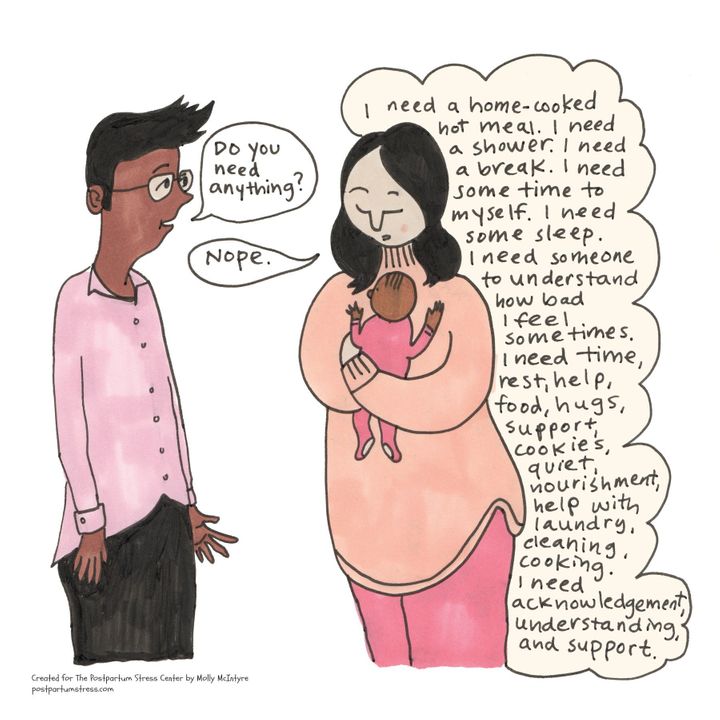
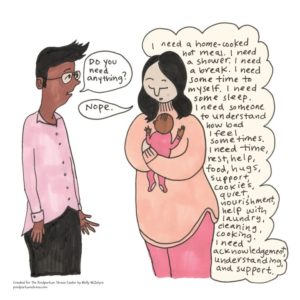
 Both of these images are from the
Both of these images are from the 